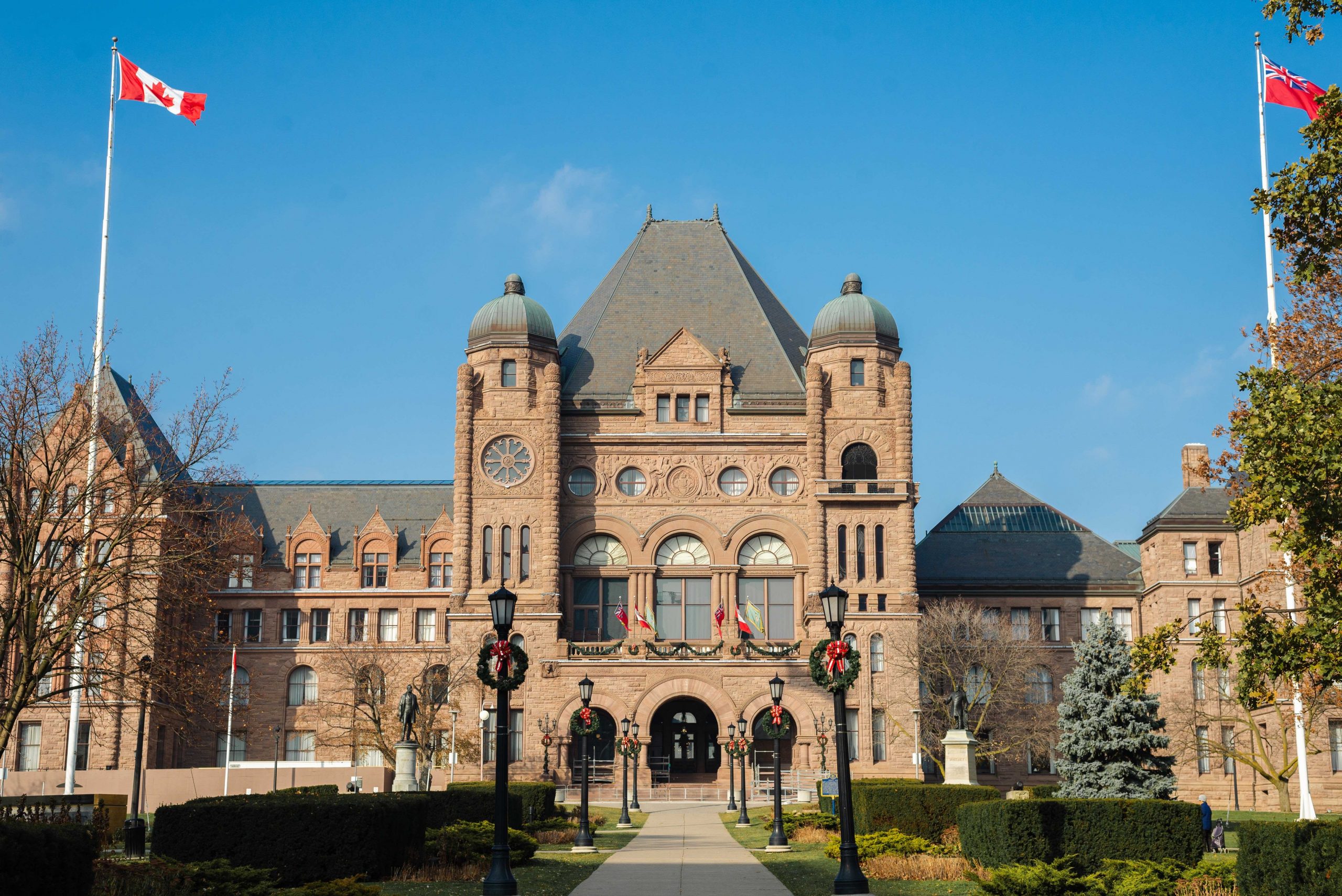Sergiy Slipchenko | Staff Writer
Featured Image: Studies show improved health as well as ambition to pursue better jobs and higher education among Ontarians. | Courtesy of Pixabay
A report was published earlier this month on the Ontario Universal Basic Income (UBI) Pilot Project. It was introduced in 2018 by the Liberal government and ended in July 2019 by the Conservative government. Universal basic income is a social service which is designed to provide families or individuals with enough finances to cover necessary expenses such as rent, food, and other bills.
The idea is to allow those who are low-income or have no income to have a safety net, thereby removing the fear and possibility of not being able to provide for themselves or loved ones. Without these financial burdens, they can pursue further education or better paying jobs.
The Conservative government promised to keep the pilot running, but in March 2019 it was announced that the project will be scrapped due to high cost and no beneficial outcome. The report shows that not only is the government’s claim baseless, but data from a survey of the participants contradicts their assertions.
As one of its co-authors, professor of economics at McMaster University Wayne Lewchuk explains the study’s conclusions.
“All our study shows was that the provincial government was incorrect in saying it wasn’t working. They had absolutely no evidence, no data had been collected. All we did was provide some facts that point to a very different conclusion,” says Lewchuk.
Lewchuk also adds that ending the project so early doesn’t help researchers see the long-term benefits.
“To be frank, you need to run a pilot to see it in the long run. Most of these people were only on the pilot for eight to nine months before the government announced they are pulling the plug. The participants weren’t able to formulate long-term plans,” explains Lewchuk.
When asked about how the cost of a province-wide UBI would be covered, Lewchuk says that none of those questions were explored, but that certain taxes would have been options.
While the government claimed that the project did not help people become “independent contributors to the economy,” the study showed that most participants felt more secure financially and were able to move on to better jobs, improving their mental and physical health.
A similar pilot project was held in Finland and its results showed that the additional finances did not help people improve their job or overall living situations. Lewchuk addressed the different results from both studies.
“The Finnish one was very different. It had a lot of criteria. There were all kinds of issues, but the Ontario one was a very simple test, if you were Canadian and low-income you were eligible. The Finnish study really acted more like an unemployment system,” says Lewchuk.
The report only further cements that the decision to scrap the plan was not only a poor one, but also unjustified.
“A research project that included only 4,000 individuals was not an adequate solution for a province where almost two million people are living in poverty,” government spokesperson Christine Wood told CBC, on behalf of Todd Smith, Minister of Children, Community, and Social Services. “We are focused on solutions for Ontario that are practical and sustainable.”


